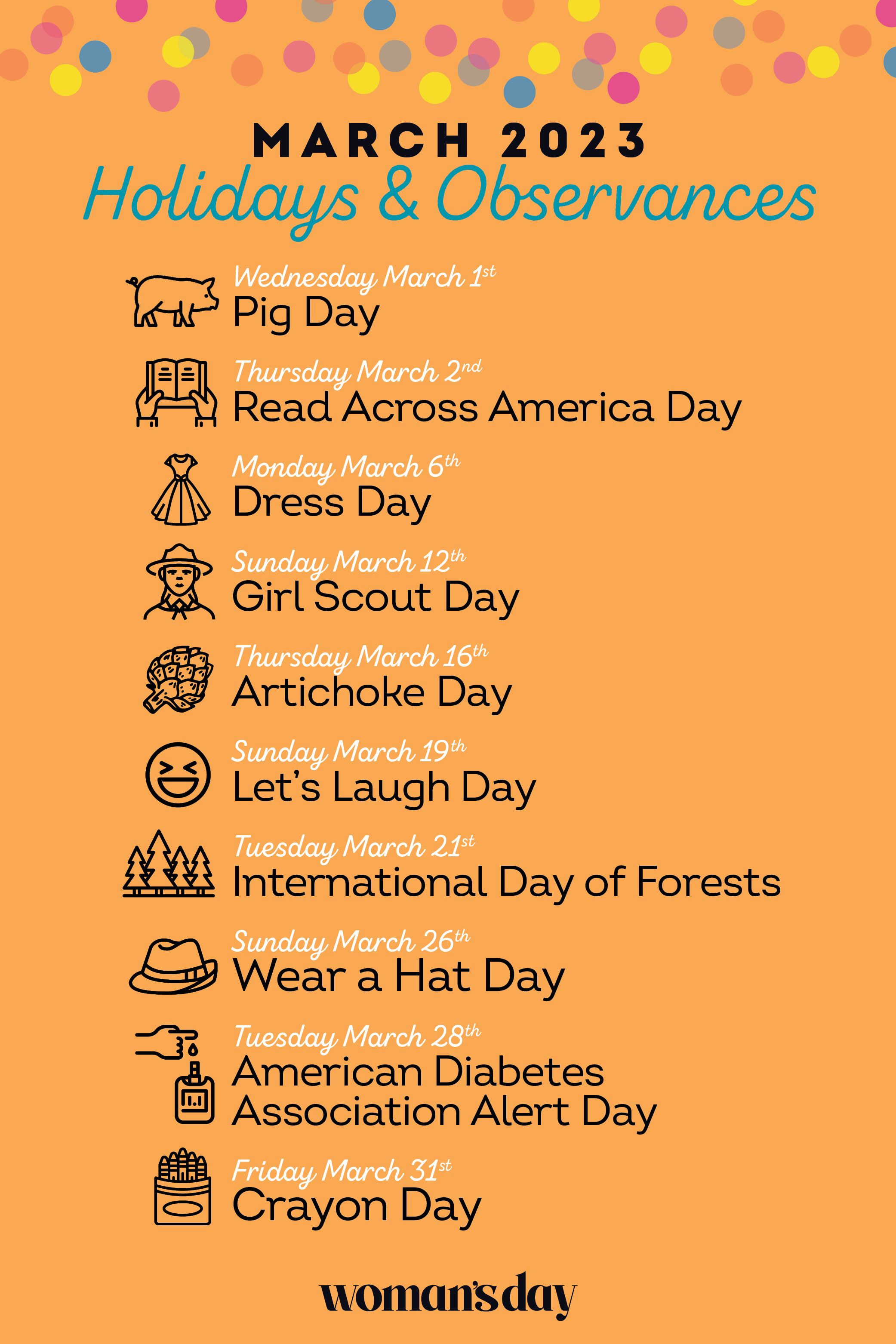April 18th National Holiday: Global Celebrations on This Date
April 18th is a date that resonates with various cultures and traditions around the globe, showcasing the richness of human experience through the myriad celebrations that occur on this day. From commemorating historical milestones to recognizing particular social causes, this day serves as a canvas for collective expression and festivity. Understanding these observances provides valuable insight into the diversity of cultural heritage and societal values across nations.
In the United States, April 18th is recognized as National Animal Crackers Day, a whimsical celebration of the beloved snack that has delighted children and adults alike for generations. The origins of animal crackers can be traced back to the late 19th century, when they were introduced by the Barnum’s Animals company. Today, this day not only serves as an opportunity to indulge in these delightful treats but also encourages people to engage in nostalgic activities such as baking, decorating, and sharing animal cracker-themed recipes. The celebration prompts conversations surrounding childhood memories and the evolving landscape of snacks in American culture, inviting individuals to reflect on their own experiences tied to this iconic fare.
As one spans the globe, one can encounter other significant observances on April 18th. For instance, in South Korea, this day is marked as the day of the family. Recognized as a time to cherish familial bonds, this day emphasizes the importance of spending quality time with loved ones. South Korean culture places a profound emphasis on family cohesion, and the Day of the Family serves as a reminder of the essential values of support and togetherness. Activities often include family gatherings, shared meals, and various forms of entertainment that foster unity. The celebration stresses the significance of nurturing family relationships in an era where modernity often leads to disconnection.
Moreover, International Day for Monuments and Sites finds its observance on this date, introduced by the International Council on Monuments and Sites (ICOMOS) in 1982. This day is dedicated to raising awareness about cultural heritage, advocating for the preservation of historic monuments and sites around the world. Various organizations, including local governments and cultural bodies, often host events that allow communities to engage with their history, such as guided tours, exhibitions, and educational talks. As society grapples with rapid urbanization and homogenization, the significance of preserving cultural identity becomes increasingly critical. This observance not only emphasizes the beauty of architectural marvels and landscapes but also highlights the stories and narratives associated with them, providing a deeper understanding of human civilization.
Culturally, April 18th can also be a time to reflect on environmental issues. Various grassroots organizations choose this day to launch campaigns aimed at raising awareness about planetary health. Through activities such as community clean-ups, tree plantings, and educational workshops, participants contribute to a collective effort to safeguard natural resources and foster sustainable practices. This grassroots approach empowers local communities to play an active role in environmental stewardship, promoting a greater sense of responsibility and connection to the planet.
Overall, April 18th serves as a multifaceted date recognized for its diverse array of observances that can unite people through food, family, history, and environmental consciousness. Each celebration offers unique insights into cultural significance and the social fabric of different societies. By examining the various facets of this day, one gains a richer appreciation of the interconnectedness of human experiences and the universal themes of love, remembrance, and action. As these celebrations continue to flourish, they remind us of the irreplaceable joy of community and the importance of honoring both our shared past and our collective future.
You May Also Like
Best Fish to Catch in Australia: A Guide for Anglers
Australia boasts an extraordinary diversity of fish species, making it …
Emily Bay Norfolk Island: A Hidden Gem in the Pacific
Emily Bay, a picturesque enclave nestled on the sun-kissed shores of …
Holidays on August 23: Global Festivities & Observances
August 23 is a date that carries a bouquet of cultural significance …





